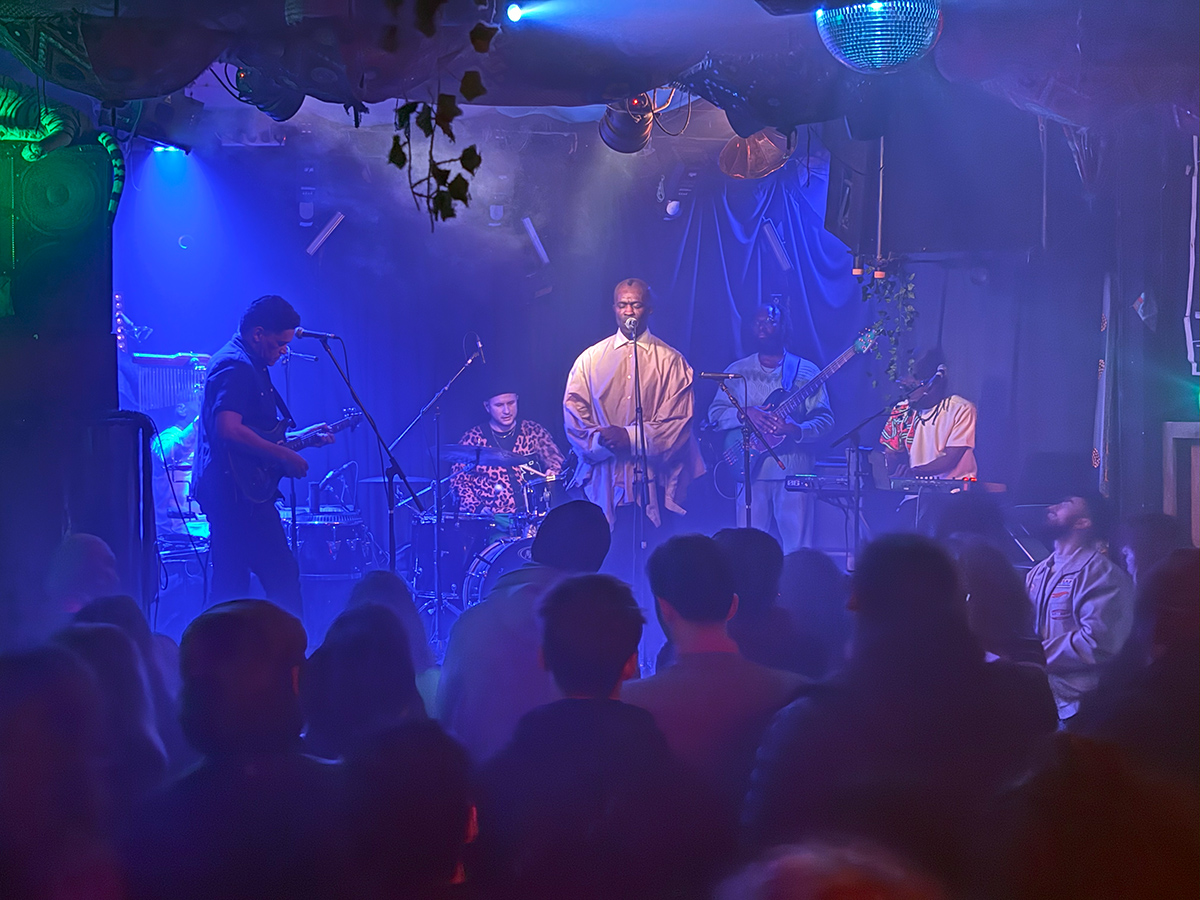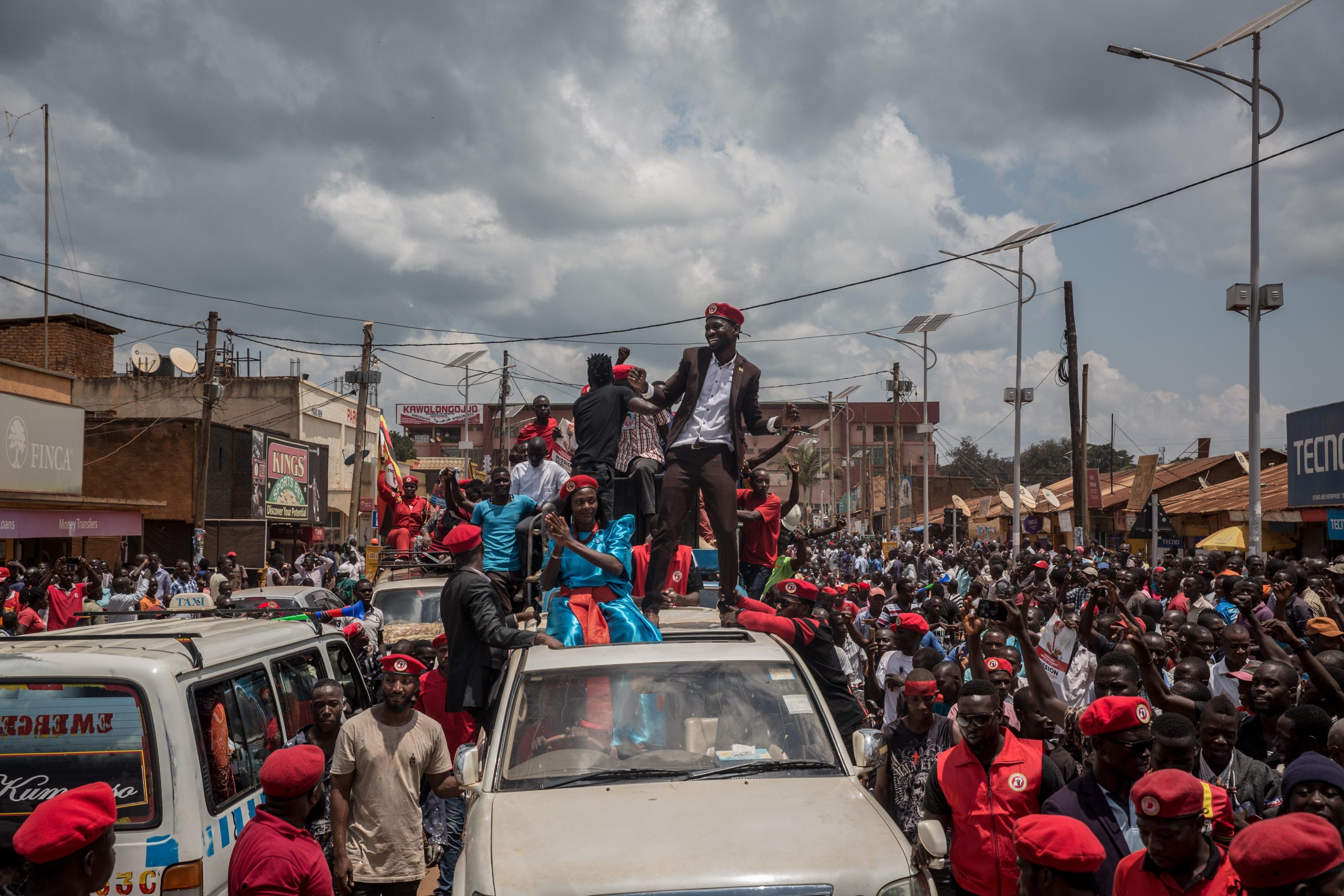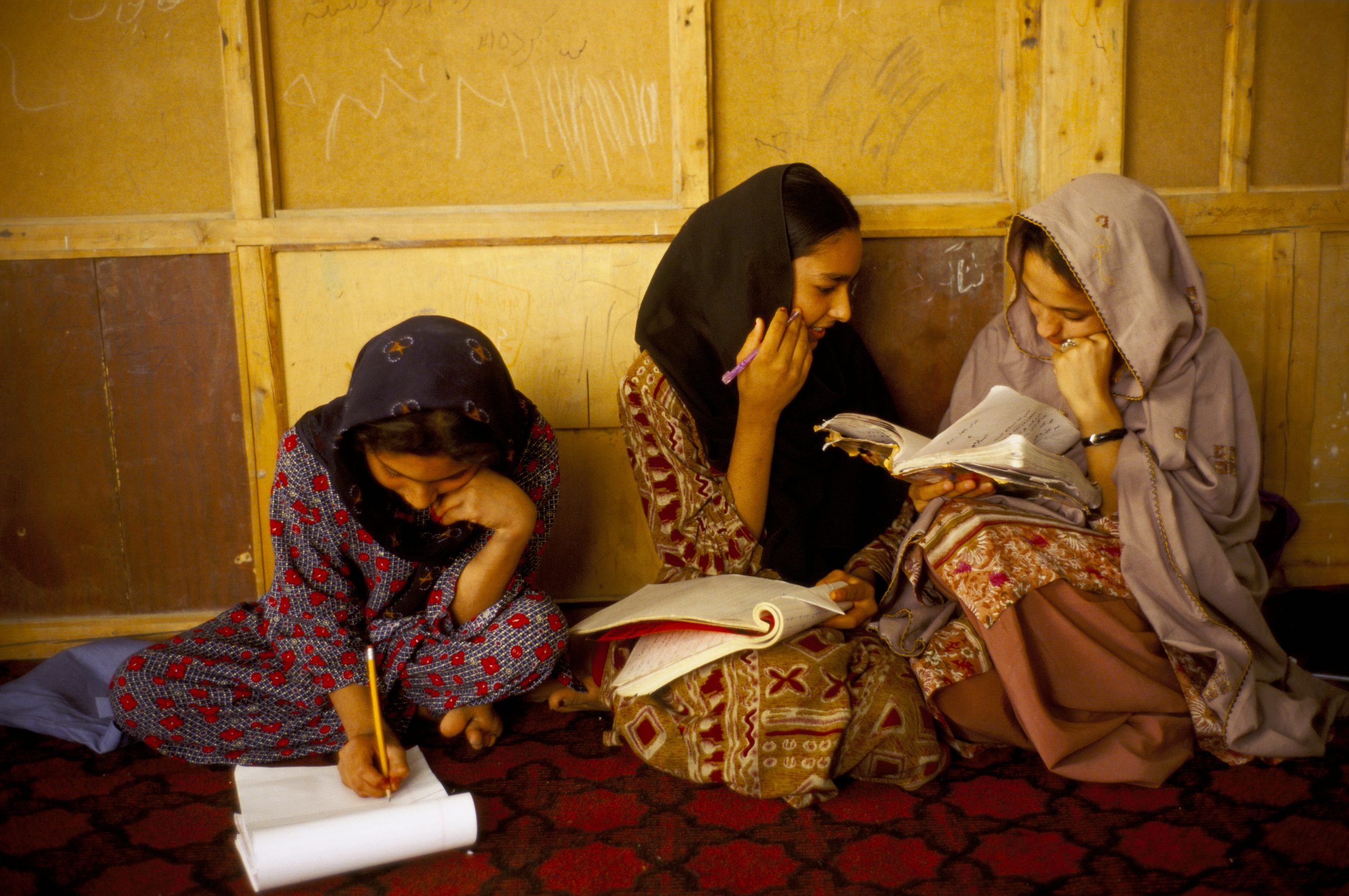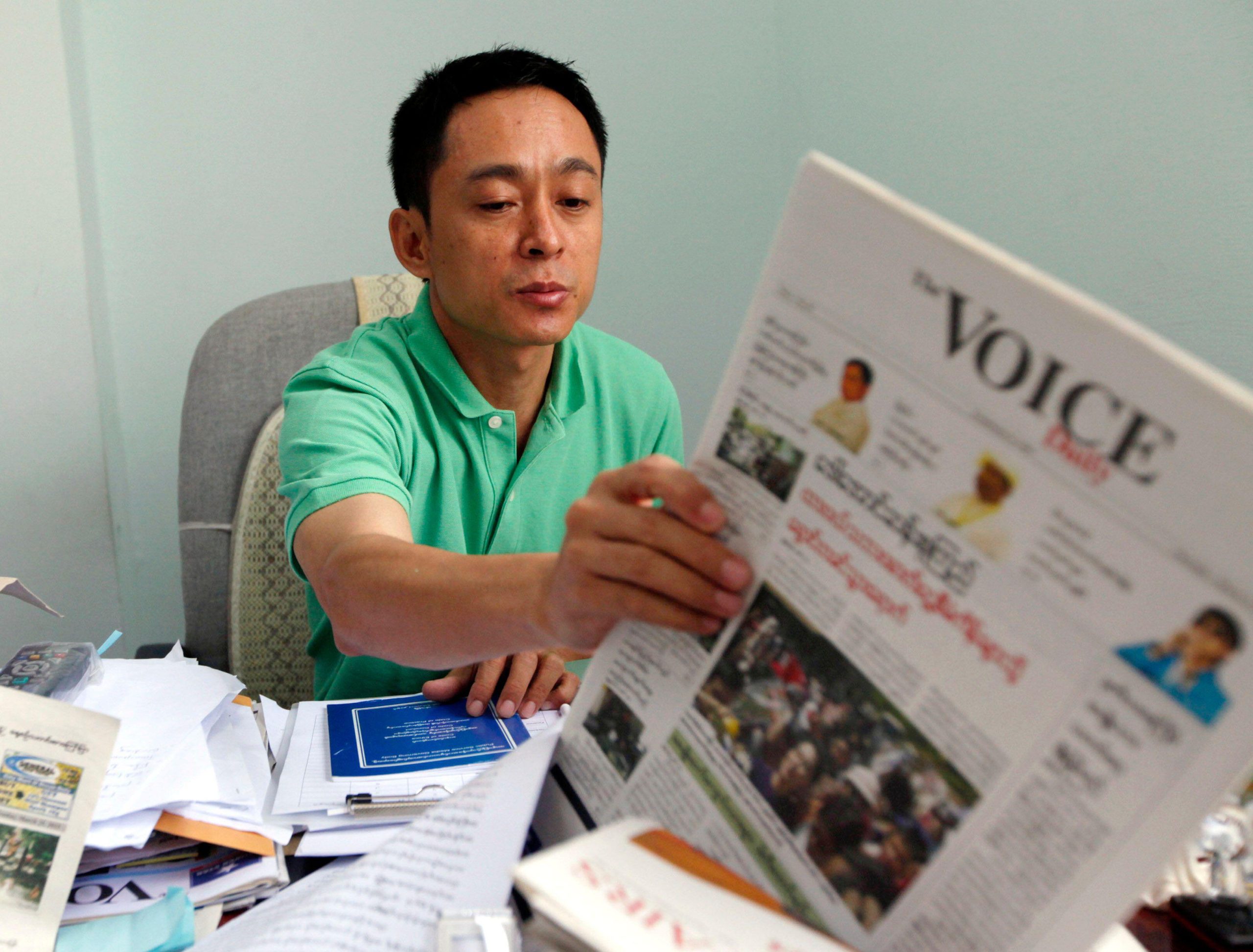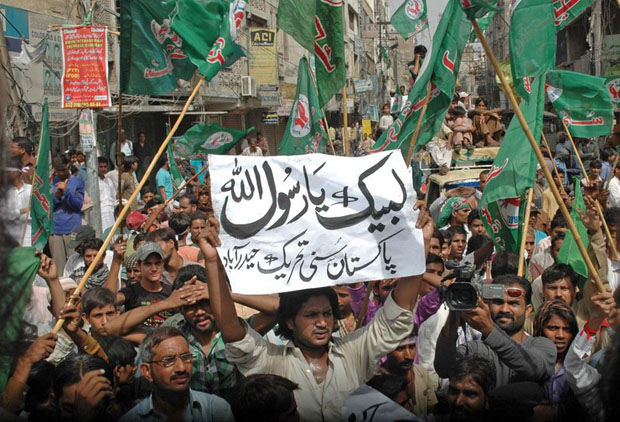
Protest in Hyderabad, Pakistan against the film Innocence of Muslims, which got YouTube blocked in the country (Image: Rajput Yasir/Demotix)
The last year saw Pakistan successfully transferring power from one democratically elected government to another. A norm in many countries worldwide, this was a milestone for Pakistani citizens. However, while a peaceful transition is welcome, there have been few changes in policy making and inclusion of citizens and civil society in due process when it comes to the country’s deteriorating state of cyberspace, digital security and surveillance issues.
Last year proved to be a bumpy ride too for Pakistan. From one ban to another broken promise, the Pakistani internet community really didn’t have much to be happy about. YouTube was first blocked by the previous government in September 2012 after a blasphemous movie named “The Innocence of Muslims” was uploaded, and remained blocked as of 31 December 2013.
In January, a Pakistan daily reported that the Pakistan Telecommunication Authority (PTA) and the Ministry of Information Technology (MoIT) were planning to install a regulatory system, reportedly imported from China, to monitor websites, online content and also internet filtration. Throughout the year, officials tried to systemize online content filtering mechanism, especially getting a boost after the YouTube fiasco.
A further blow came when Vimeo, another video sharing site, was found to be inaccessible in the country. In May, a band released a satirical song criticising military generals. The lyrics made fun of the army hitting out at their intolerance and corruption: When pockets are full/all the strings are theirs to pull/If it’s one of them you give a naughty look to/very soon you will disappear from view. The video was uploaded on Vimeo and went viral, and in turn led to the site being blocked.
On 2 June, a plethora of users found Tumblr inaccessible in some regions of Baluchistan and Sindh. That same month, an extensive report by Citizen Lab found the Pakistani government to be using the technology from Canadian company Netsweeper, along with DNS tampering, for political and social filtering.
Another ban appeared to have been imposed when Viber users started complaining about not being able to make calls. Viber is an app that supports text messaging and Voice-over Internet Protocol (VoIP) for making free internet calls. Tribune Pakistan recorded complains from around the country including from Karachi, Hyderabad, Multan, Rawalpindi, Faisalabad, and Gujranwala.
Freedom House released its annual “Freedom on the Net” Pakistan country report in October. Among the 60 researched countries, the report placed Pakistan in bottom 10 for its privacy and surveillance concerns. According to this report, at least three cybercafés and mobile phone stores were attacked by religious extremist on moral grounds — something the Pakistani government has yet to fight against.
November brought quite depressing news when a young boy was accused of blasphemy for allegedly sharing objectionable content on Facebook. This was the first time social media was used as a evidence and set a dangerous precedent in a country without any cyber laws. November also saw the Internet Movies Database (IMDb) blocked in the country after Internet Service Providers (ISPs) received a directive from the state. Following online outcry against the ban, it was reversed after only a couple of days.
This was soon followed by Pakistan’s very first case of selective blocking, where the government managed to target specific pages rather than entire platforms. On 25 November, 2013, users across the country reported the inaccessibility of Baloch movie “The Line of Freedom”. The government has time and again tried to use any and all sorts of means to curb dissidents’ views, especially those from the Baluchistan province. While IMDb, Vimeo and other sites remained accessible, the pages of the aforementioned movie were blocked.
Instead of removing the ban on YouTube after having a successful test case of selective blocking, the Pakistani government is currently in talks with Google, Inc. to localise YouTube in the country. This will empower the government to more frequently and easily ban any material that it deems unfit for the nation without ever taking citizens’ views into account.
If anything, the year 2013 only brought despair and hopelessness to Pakistan’s growing number of internet users. From one step to another, the new democratically-elected government is using draconian censorship and surveillance means and systems, affecting the rich exuberance of the country’s online community.
This article was originally posted on 8 Jan 2014 at indexoncensorship.org

